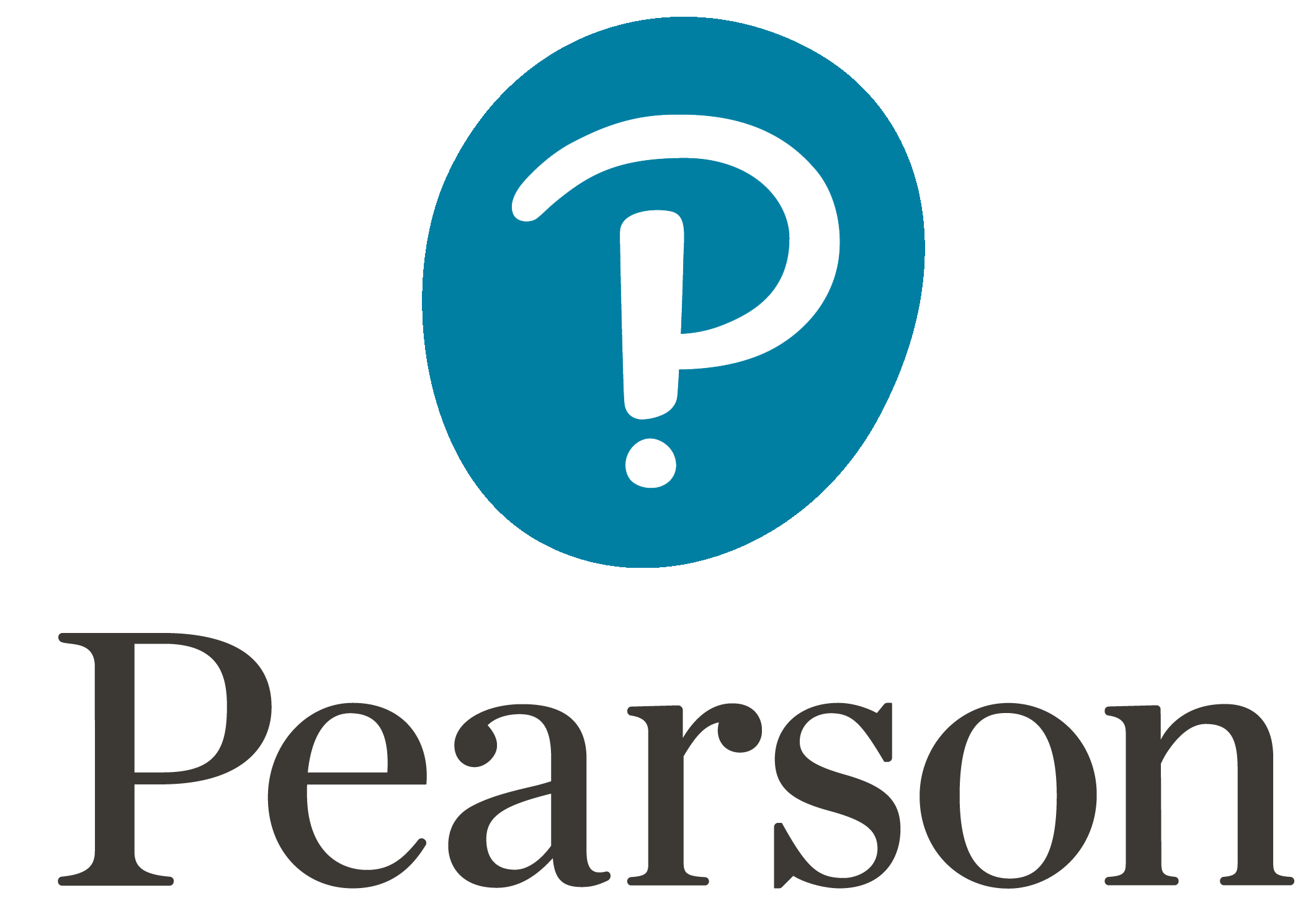Split Branch meeting report
Second HUPE Split Branch meeting was held on December 1st, 2017 at Info zona Split. The agenda included:
- HUPE Split Branch work programme for the academic year 2017-18
- Roundtable Discussion: Challenges of Teaching English as a Second Language
- Team building
In the first part of the meeting the branch president informed the attendees about the dates and content of the workshops and activities planned for the current school year.
The roundtable focused on common and specific challenges on the different levels of education and types of educational institutions in the public and private sector: elementary schools, secondary schools (general education high- schools / vocational schools) and language schools. After a short introduction by Miranda Barac, Branka Šegvić and Vanja Fazinić, fifteen teachers actively took part in the discussion. The purpose of this meeting was to identify problems our teacher colleagues face in their everyday work in order to gain the wider picture and increase mutual understanding, to share information, experience and ways to deal with these challenges.
Although there is no one-size-fits-all approach or situation when teaching English to students of varying ages and language proficiency level, all participants agreed that one of the greatest challenges in ESL teaching are mixed ability classes. Formal education programmes and teacher trainings do not sufficiently prepare teachers for a room full of students who can range from the gifted, to students whose achievements are below the grade due to learning difficulties. Teachers lack the knowledge of strategies to use in the classroom for a wide range of ability and to meet the needs of students with special educational needs.
In secondary vocational schools a considerable number of students with learning difficulties is one of the major problems. Some of the participants shared their experiences of visiting partnership schools in other countries. As an example of a good European practice, the secondary vocational school Oriani Mazzini, from Milan, Italy was mentioned, where students with special needs, who are placed in general-education classrooms, receive a support of special education teachers.
The participants agreed that the level to which special need students are able to master general education content can to a great extent depend on the appropriate support they receive. We concluded that non-disabled students also benefit in mixed-ability classrooms by forming positive relation and learning how to accept the variety of people. We agreed to share materials for teaching SENs students.
The attendees discussed the ways to motivate our students to learn English in order to improve their language proficiency and prepare them for the state school – leaving exam, i.e. the Matura exam.
We exchanged views on teaching English to the new generation of students who acquire language due to the extensive engagement with digital media in their everyday lives. These students are usually above-level speakers and listeners. They can not only understand complex topics, but they are also able to speak fluently and denote finer meaning. The growing presence of media in our general lives and the new generation of students have set before teachers requirements for continuous training and enhancement of professional skills necessary for creating an environment which stimulates creativity and learning. We shared tips and strategies for teaching mixed ability classes.
The meeting ended with a team building activity designed to teach participants to solve problems in a group and communicate effectively.
Vanja Fazinić, HUPE Split













